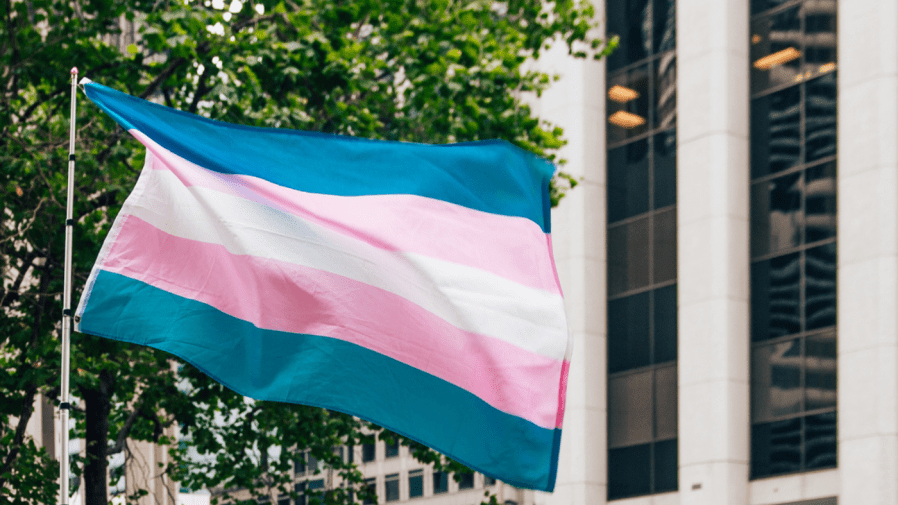NASHVILLE, Tenn. (WKRN) – On Wednesday, the NCAA is holding its annual convention in Music City and it’s expected to get some pushback from people protesting against the organization’s policies when it comes to allowing transgender women to compete in women’s sports.
The Independent Women’s Forum (IWF), a conservative nonprofit, announced it would be holding a demonstration at the 2025 NCAA Convention at the Gaylord Opryland Resort on Jan. 15. The group has rallied for the past two years at the NCAA’s annual conference.
“We’ll be having a peaceful demonstration letting leadership know at the NCAA that they need to keep women’s sports female,” said Adriana McLamb, an IWF spokesperson.
The protest comes after the House passed the Protection of Women and Girls in Sports Act in a 218 to 206 vote on Tuesday. The measure aims to amend Title IX protections and ensure only people assigned female at birth can participate in women’s athletics.
“House Republicans have yet again stood up for women,” said House Speaker Mike Johnson. “This is a commitment that we have made because it comports with what is right and what is common sense. We know from Scripture and from nature that men are men and women are women, and men cannot become women. It’s sad that we have to say that.”
This past season, San Jose State University women’s volleyball gained national attention after reports of them having a transgender player on their team. As a result, the team received six forfeit victories because of boycotts from their opponents during the regular season.
“We’re going to start boycotting these games,” McLamb said. “We’re going to start using our voices, and as female athletes, whether they’re currently in that situation, or the support of former female athletes like myself, we are banding together and making sure their voices are heard.”
As a swimmer in her final collegiate race at the University of Kentucky in 2022, Gallatin native Riley Gaines tied for 5th place with University of Pennsylvania swimmer Lia Thomas, who would go on to become the first openly trans woman champion in the NCAA women’s division after winning the 500-yard freestyle that same day.
“I’m thrilled with the passage of HR 28, the Protection of Women and Girls in Sports Act, but truthfully, I’m mad,” Gaines said. “I’m mad that this is something we have to do. I’m mad that we, as women, have to beg for equal rights. I’m mad that we have to beg for privacy in areas of undressing, and I’m mad that we have to beg for safety on the court or on the field or walking in the streets at night.”
On the other side, groups like Athlete Ally remain dedicated to protecting LGBTQ+ rights in sports and other parts of society.
“I think the way that we push people to look at sports is because it’s competitive, and there’s excitement to that kind of competition,” said A.T. Furuya, director of education for Athlete Ally. “But where that excitement turns into danger is when we start threatening people’s lives. There are skills, years of skills, there’s included natural ability, there is access to one-on-one coaching or to exposure, and I think we are missing that, and we’re minimizing again and distracting from what’s holding women and girls back in sports, and it’s not trans people, it is the lack of access.”
Under the measure passed by the House on Tuesday, schools that allow a person whose sex is male to participate in an athletic program or activity designated for women or girls risk losing federal funding. The bill will now head to the Senate.




